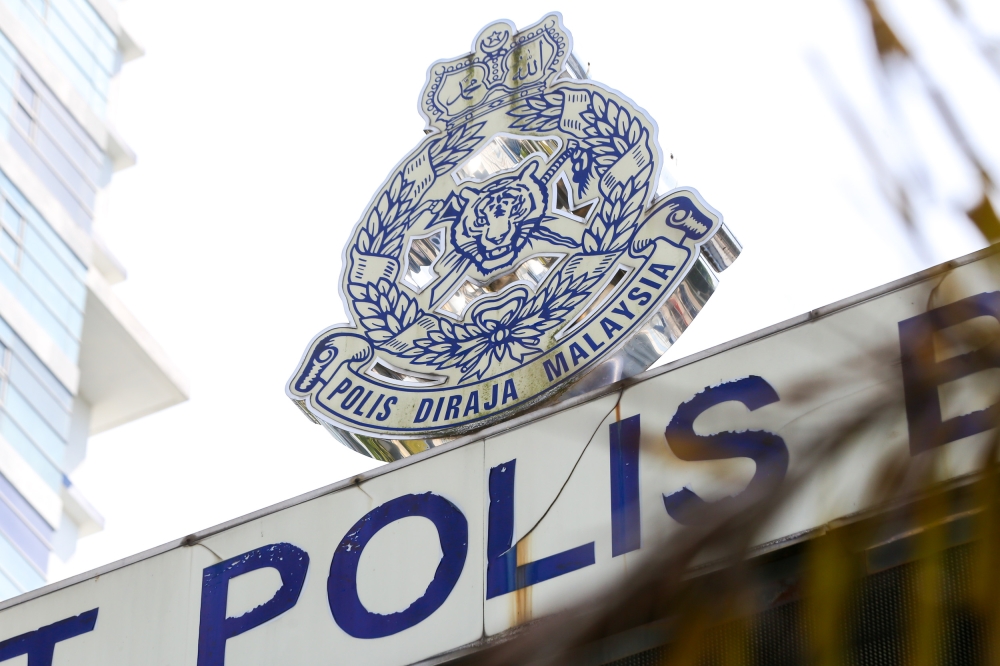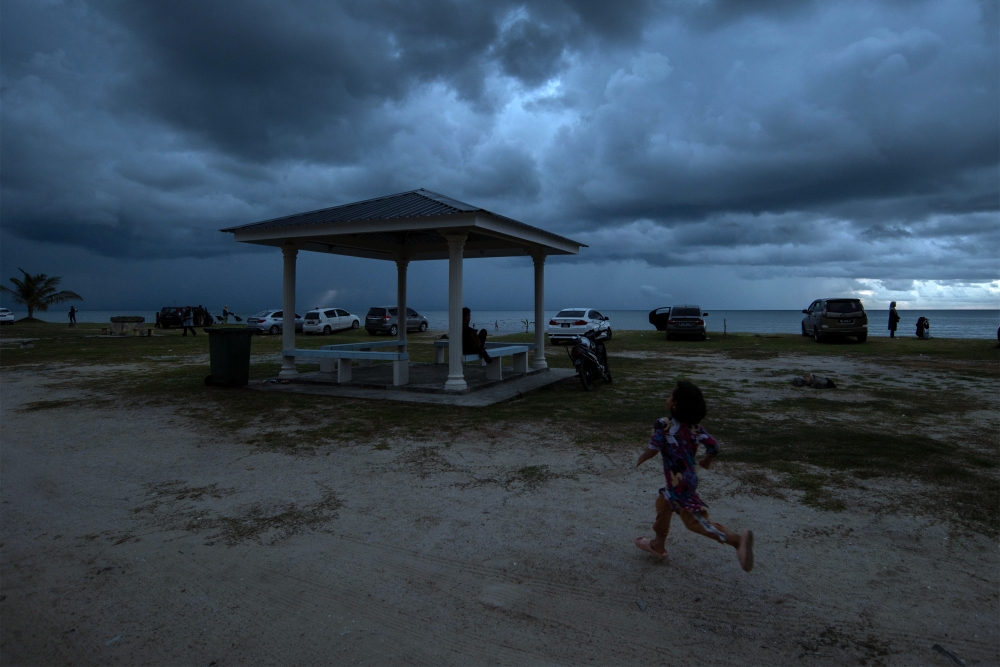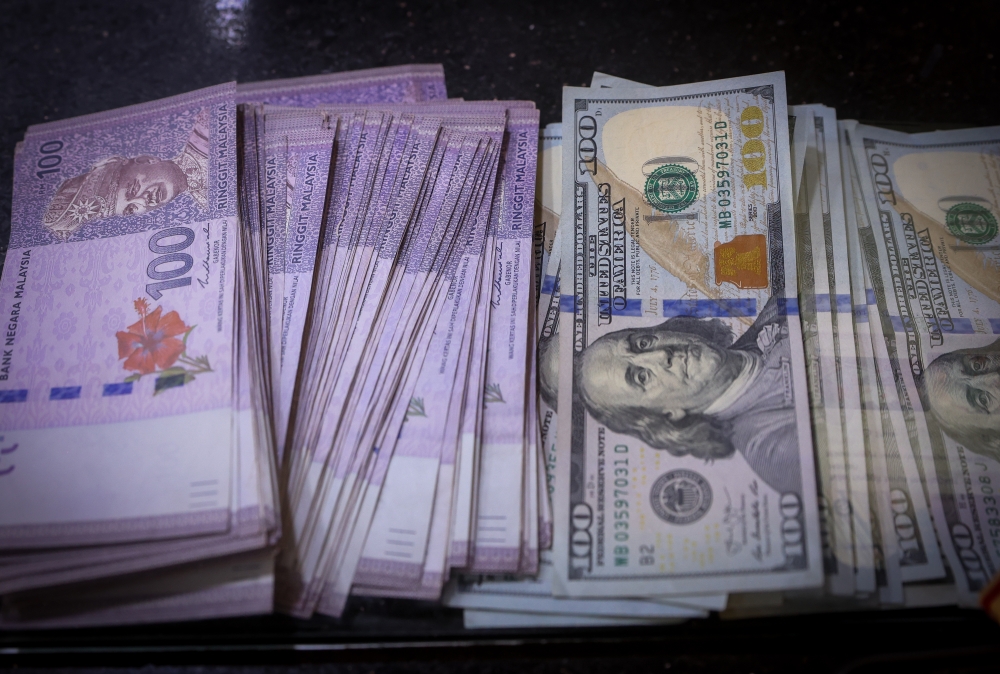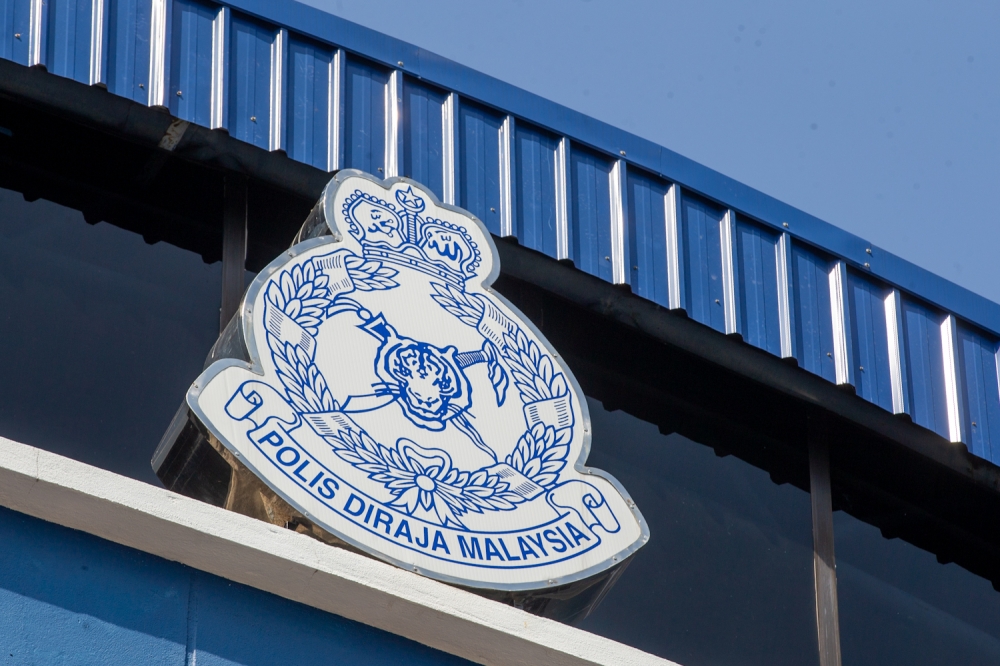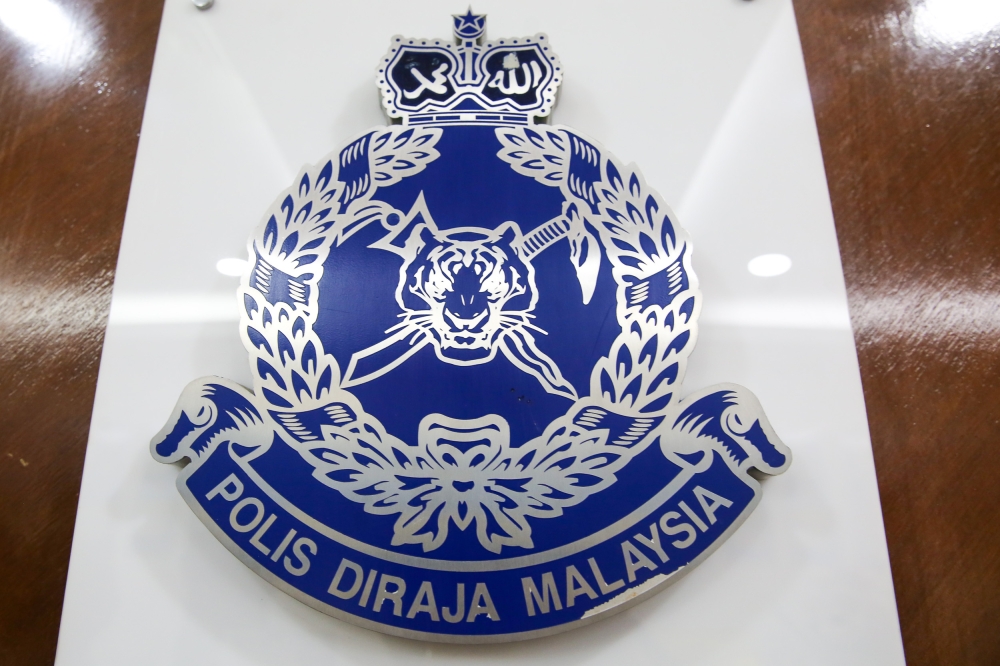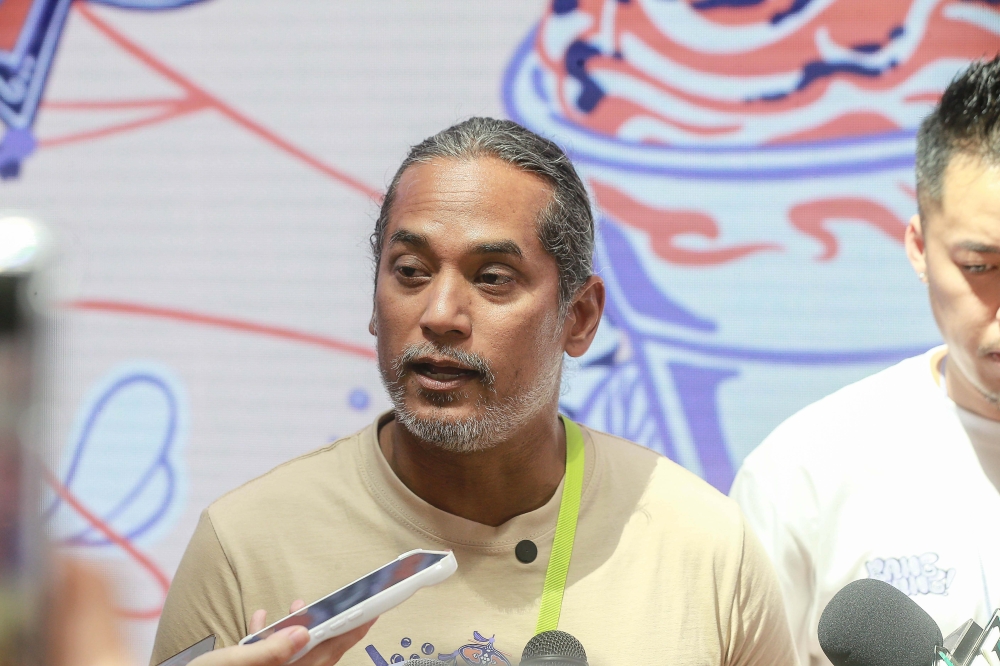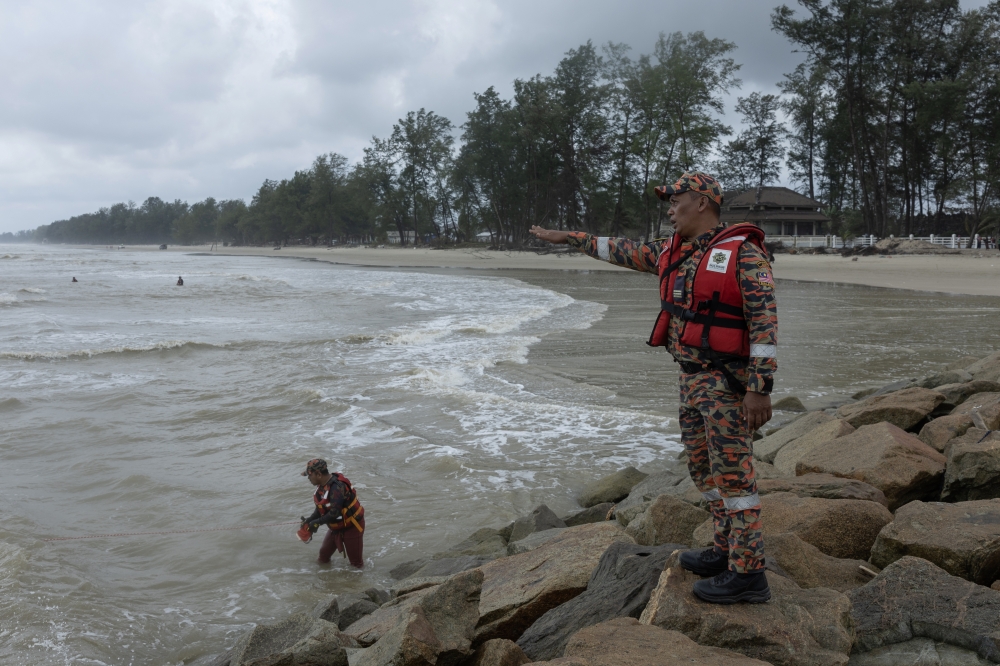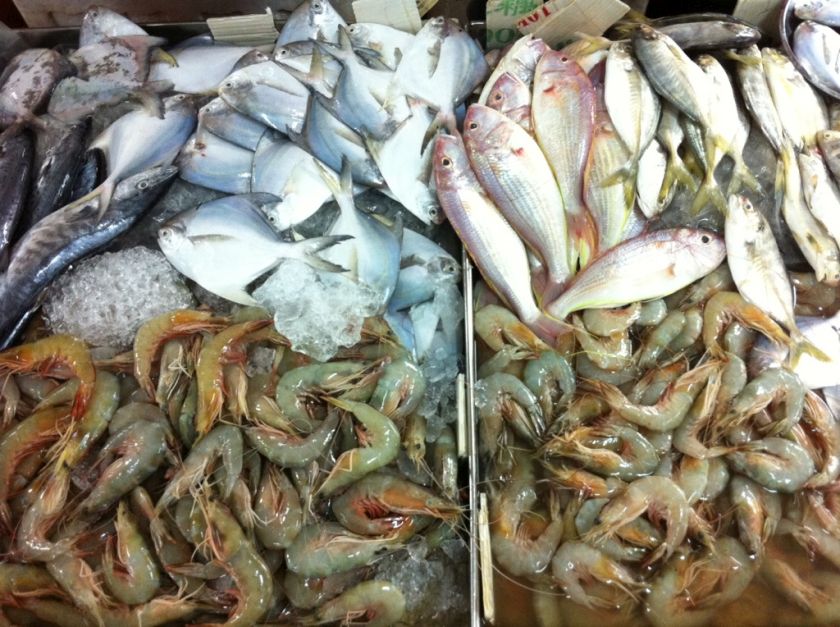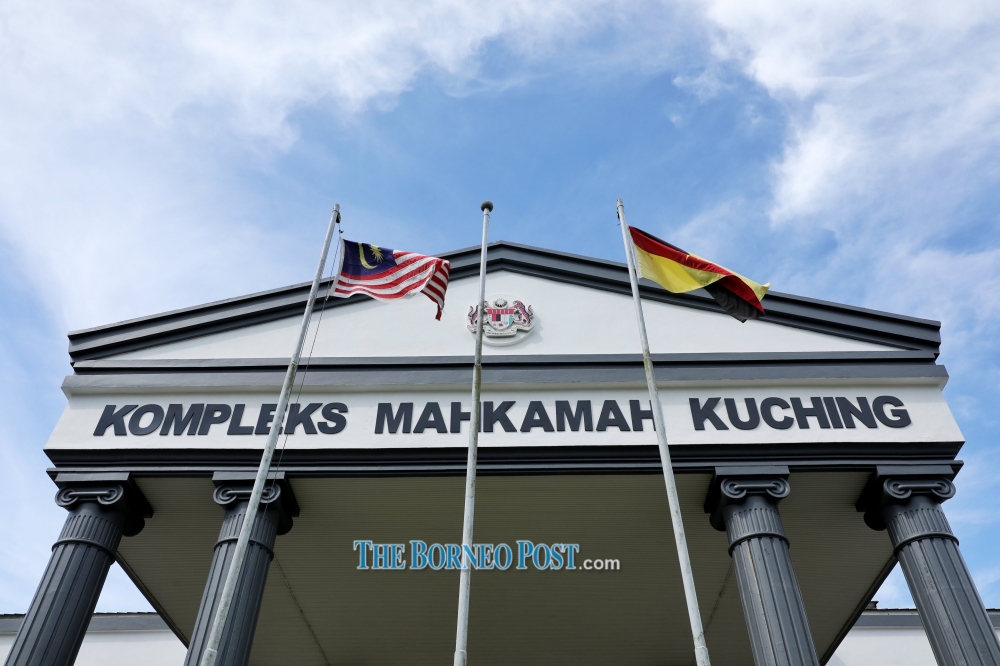KUALA LUMPUR, Jan 5 — Malaysia’s shrimp exports to the US found with traces of antibiotics were likely shipped from other countries and not fished or farmed locally, the Fisheries Department clarified.
The department was responding to reports that the United States Food and Drug Administration (USFDA) had placed several local exporters on its Red List after 18 shrimp shipment samples from 11 exporters were found to contain traces of chloramphenicol in 2018.
“We suspect an element of transshipment, involving shrimp from foreign countries outside of our jurisdiction, that were imported and then re-exported to the United States,” it said in a statement yesterday.
Malaysian shrimp exporters have been reportedly placed under watch by the USFDA following the detection of two antibiotics, nitrofurans and chloramphenicol, in 44 shrimp shipment samples sent by numerous Malaysian exporters between 2009 and 2018.
Experts said that residues from the two antibiotics are carcinogenic. Chloramphenicol can lead to a rare but serious side effect of bone marrow failure where it can no longer produce red and white blood cells and platelets.
But the Fisheries Department said only certain exporters have been placed on the watchlist.
The import alert was not meant for the entire Malaysian shrimp industry, but only for exporters whose products were found to be tainted, it added.
“It is understood that some of those exporters had already ceased operations,” the department said.
The department also insisted that its agricultural residue, aquaculture sanitary and phytosanitary monitoring systems have been able to maintain the biosecurity integrity of Malaysia’s shrimp production.
“A total of 2,466 shrimp samples were collected from 2008 till now and analysed by the Fisheries Biosecurity laboratory. No banned antibiotics were found in the shrimp,” the department said.
It said up to 1,200 shrimp farmers, 40 hatcheries and 15 processing factories were subject to the department’s monitoring systems and that they have Malaysian Good Agricultural Practices certificates.
Australian authorities and the Singaporean government were among countries that recognised its Fish Quality Certificates while the latter had reportedly found Malaysia’s shrimp exports to be free from the banned antibiotics, nitrofurans and chloramphenicol, the department added.


